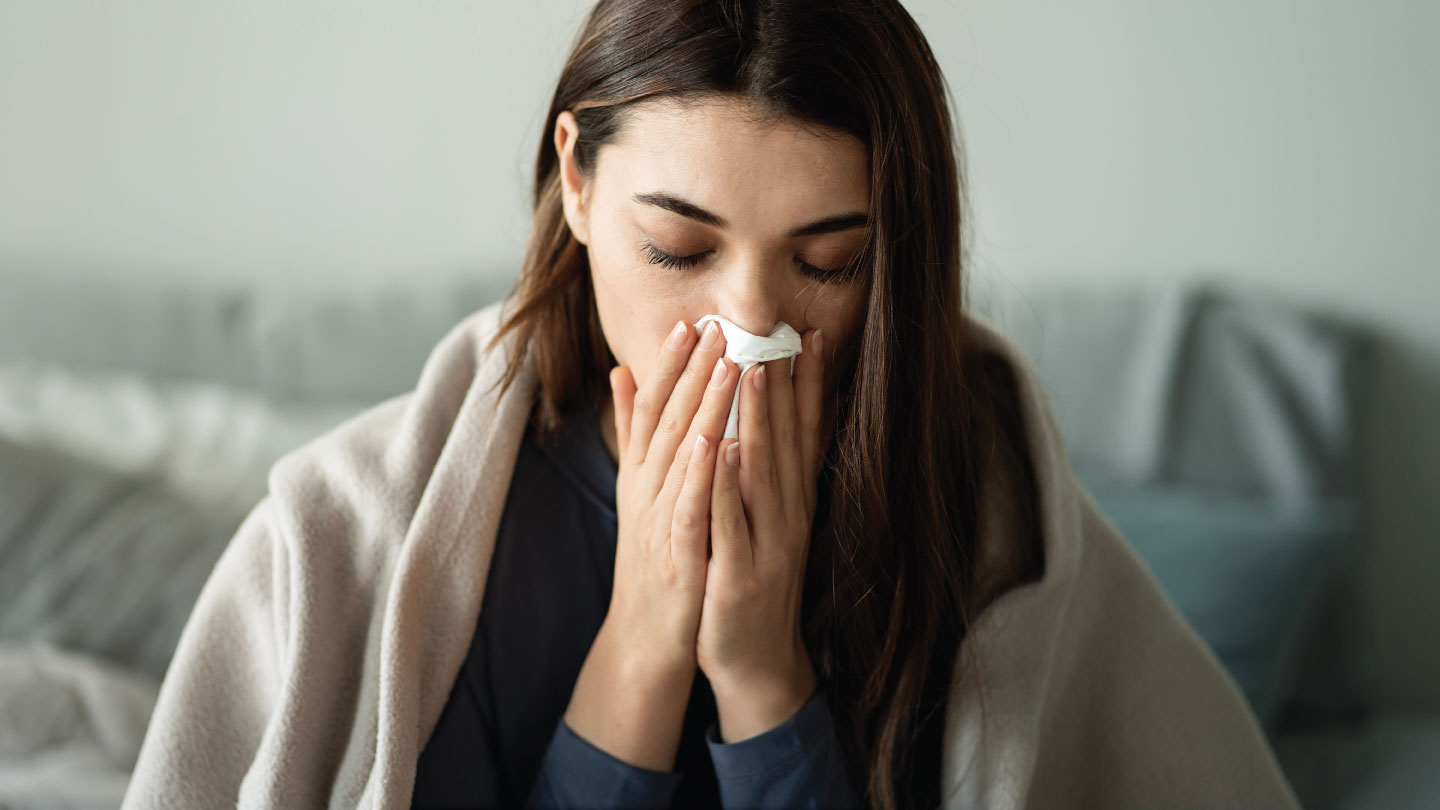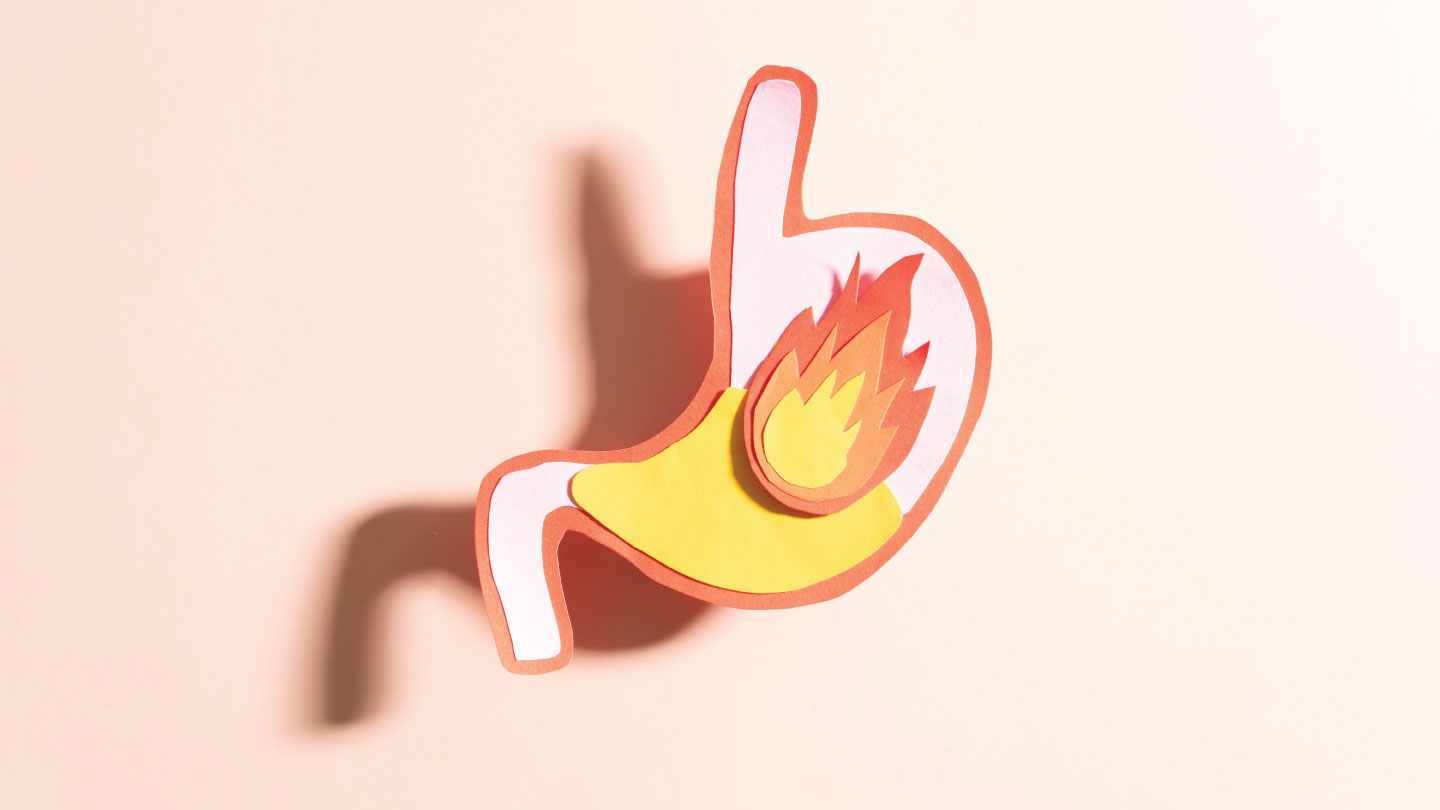Allergies are your immune system’s overreaction to something harmless, like dust, pollen, or a favourite snack. The World Allergy Organization estimates that 10 to 30 per cent of all adults and up to 40 per cent of children worldwide suffer from allergic rhinitis. The good news? Most allergies can be managed and even prevented once you understand your triggers and adjust your habits.
Common Allergies: What Indians Commonly React To
| Type | Common Triggers | Quick Facts |
|---|---|---|
| Airborne | Dust mites, pollen, pet dander, mold, pollution, incense, mosquito coils | Pollen sensitivity accounts for nearly 30 per cent of Indian allergy cases, according to the Ministry of Science and Technology. |
| Food | Peanuts, eggs, milk, legumes, spinach, chilli, tomato, mustard | Food allergies often overlap with oral or skin symptoms. |
| Skin / Contact | Nickel jewellery, detergents, latex, cosmetics, insect bites, synthetic fabrics | Contact dermatitis is on the rise due to cosmetic and detergent use. |
| Drug / Insect | Antibiotics, painkillers, bee or wasp stings, mosquito bites | Can cause hives, swelling or even anaphylaxis in severe cases. |
Related Story: 7 Actionable Tips For The Allergy Season
Spot the Signs: How Allergies Show Up
- Respiratory: Sneezing, runny or blocked nose, itchy throat, postnasal drip
- Eye-related: Itchy, red, watery eyes, swollen eyelids
- Skin: Rashes, eczema, hives, or red patches after contact
- Food-related: Itchy mouth, swelling of lips or throat, nausea, vomiting
- Severe: Difficulty breathing, wheezing, dizziness, all these may indicate anaphylaxis and need urgent care
If your symptoms return in the same setting, such as every time you clean or eat certain foods, it’s a strong clue that you’re facing an allergy, not just a cold or indigestion.
Do’s: Small Habits, Big Relief
- Get an allergy test (skin prick or blood IgE) to know exactly what causes reactions.
- Once identified, limit or eliminate exposure; it’s the most effective prevention.
- For pollen: keep windows closed during high-pollen days and shower after outdoor activities.
- Wash bedding weekly in hot water (above 54°C) to kill dust mites.
- Use HEPA filters for vacuuming and air purification.
- Keep humidity below 50 per cent to discourage mold growth.
- Avoid smoking, incense, and mosquito coils indoors.
- Use antihistamines or nasal sprays during high-allergy seasons as prescribed.
- Consider immunotherapy (allergy shots or sublingual tablets) if symptoms persist.
- Keep an epinephrine auto-injector (EpiPen) handy if you’ve ever had severe reactions.
- Sleep well, eat a diet rich in fruits, probiotics, and vitamin C.
- Stay hydrated and manage stress; both can influence immune response.
Related Story: Cold, Flu Or Allergy? Managing Allergies At Work
Don’ts: What to Stop Doing Now
- Don’t open windows when pollen counts are high. That ‘fresh air’ may bring allergens indoors.
- Don’t ignore early signs. Treat sneezing, rashes, or wheezing promptly instead of waiting for them to ‘settle’.
- Don’t use harsh cleaning or skincare products. Soaps, detergents, and perfumes with alcohol or strong chemicals can irritate sensitive skin.
- Don’t scratch itchy skin. Tough to control, but it increases inflammation and infection risk; instead, apply cold compresses.
- Don’t self-medicate long-term. Overuse of steroid creams or decongestants without medical advice can make symptoms worse.
Related Story: Is Histamine Intolerance and Allergy The Same?
How to Prevent Recurring Allergies
- Stay consistent: Cleaning and medication routines should be maintained even when symptoms ease.
- Plan: Start preventive sprays or meds before pollen season begins.
- Consider immunotherapy: It helps retrain your immune system to tolerate triggers.
- Monitor changes: Allergies evolve; retest if new symptoms appear.
In India, allergies are often dismissed as ‘seasonal issues’, but they’re your body’s way of signaling imbalance or irritation. The goal isn’t just to suppress symptoms but to strengthen your defense system and minimize exposure. Get tested, start small, clean consciously, know your triggers, and listen to your body. With the right awareness and consistency, you can stop allergies before they stop you. Stay on top of your health with easy lab testing. Book your test today and receive your reports promptly, without the hassle.





.jpg)


